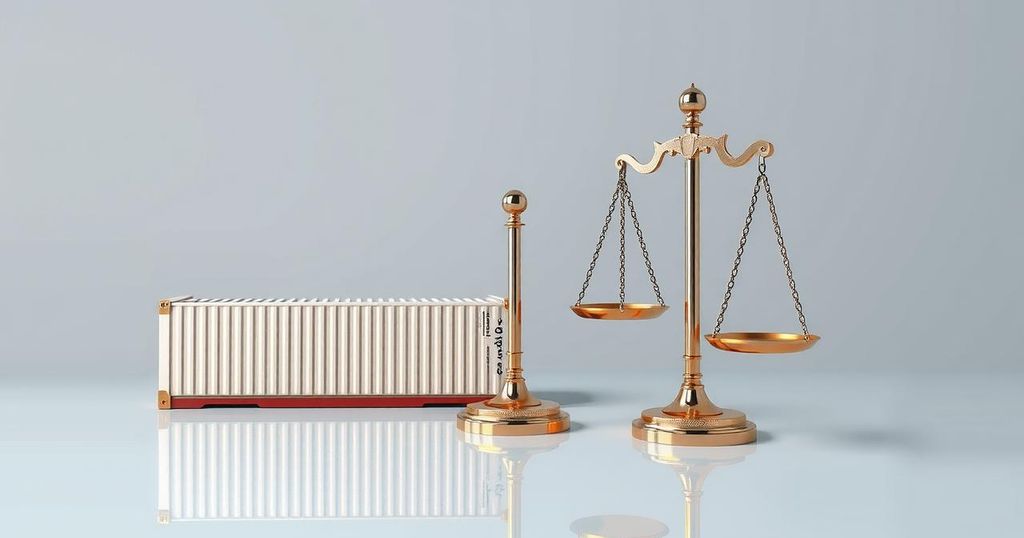EU Warns Pakistan on Duty-Free Exports Tied to Human Rights Progress

The EU has warned Pakistan that its duty-free export status relies on progress in human rights and media freedom, following discussions with officials during a recent visit. Exports under the GSP+ scheme have increased, but continued benefits hinge on addressing critical concerns about civil liberties. The passage of a new law limiting speech rights has heightened tensions between the government and media personnel.
On Friday, the European Union (EU) cautioned Pakistan that its duty-free export status is contingent upon the nation’s advancements in human and labor rights, as well as media freedom. This warning followed Olof Skoog’s weeklong visit to Islamabad, aiming to address key human rights issues and evaluate Pakistan’s commitment to reforms under the Generalized Scheme of Preferences Plus (GSP+) trade arrangement.
The EU emphasized that while Pakistan has significantly increased its exports to Europe—doubling since 2014 thanks to GSP+—the continuation of these trade benefits is subject to progress in civil and labor rights. The EU’s statement also encouraged Pakistan to pursue ongoing reforms ahead of its reapplication for GSP+ under new regulations.
During his discussions with Pakistani officials, Mr. Skoog raised critical concerns encompassing the enforcement of blasphemy laws, women’s rights, forced marriages, censorship of the media, and other civil liberties violations. The call for improvement in these areas is crucial amidst increasing international scrutiny over Pakistan’s human rights record.
The sensitivity regarding media freedom has intensified following the recent passage of a controversial law designed to curb misinformation, which critics view as a suppression of free speech. This new regulation enables the government to impose heavy penalties on social media users and restrict journalistic freedom, prompting public protests from journalists across the nation.
Despite mounting pressure from human rights organizations, the Pakistani government, led by Prime Minister Shehbaz Sharif, has defended the law on grounds of combating disinformation. The government asserts the necessity of such measures to maintain information integrity, raising ongoing debates about the balance between regulation and freedom in Pakistan.
The article discusses the EU’s warning to Pakistan regarding the potential consequences of failing to address human rights issues, particularly in the context of the GSP+ trade scheme. Since being granted duty-free exporter status in 2014, Pakistan has significantly increased its exports to Europe. However, the EU reaffirms that this status is not guaranteed and is dependent on Pakistan’s commitment to addressing various human rights abuses and reforms related to civil liberties and media freedom.
In conclusion, the EU’s position highlights a critical linkage between trade benefits and human rights progress in Pakistan. As the country grapples with internal calls for media freedom amidst new regulatory measures, the ongoing assessment by the EU remains pivotal. The future of Pakistan’s trade status and its economic ties with the EU will likely depend on tangible improvements in upholding civil rights and freedoms.
Original Source: apnews.com








